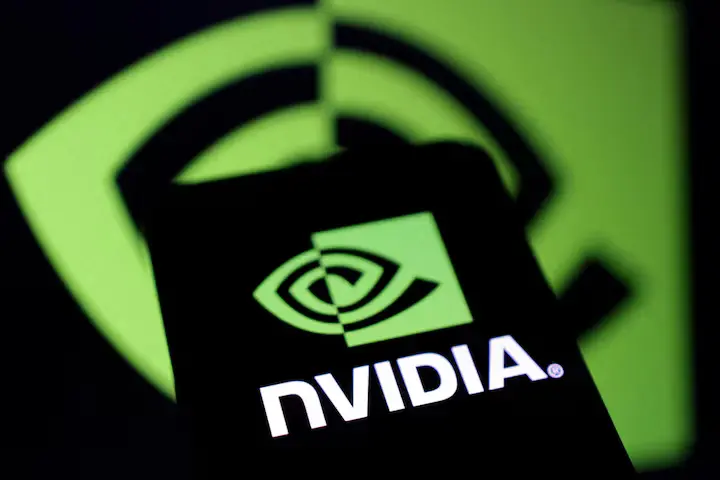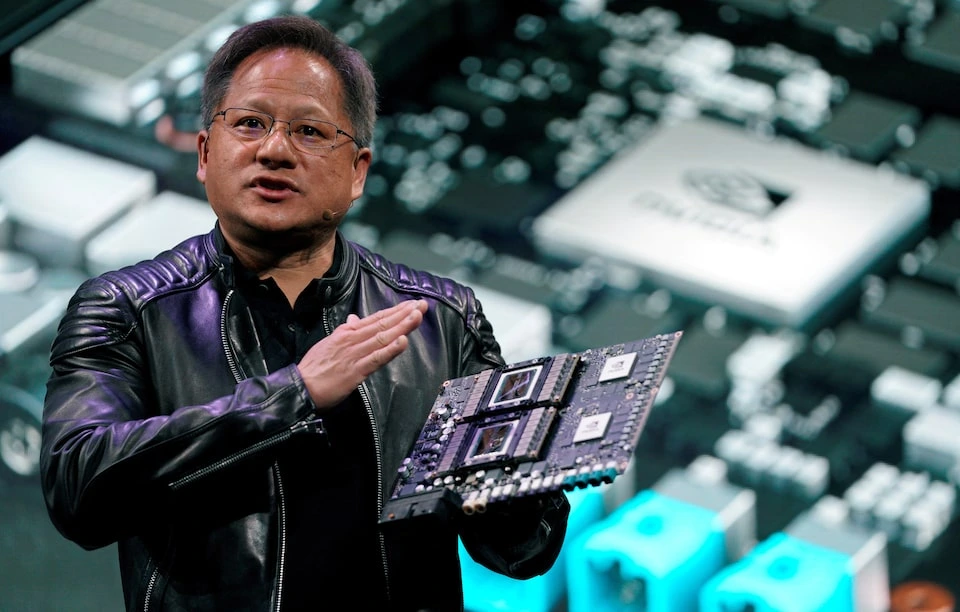
Editor
Celine Low chevron_right
The US government, under President Donald Trump's administration, is reportedly planning to tighten controls on shipments of advanced AI chips, like those made by Nvidia, to both Malaysia and Thailand.
This move is part of a broader effort to prevent these powerful components from reaching China, which is currently facing a US ban on such advanced processors.

AI Chips Are Reportedly Still Making Their Way to China
For a while now, the US has effectively stopped direct sales of its most advanced AI chips to China due to national security concerns. However, reports suggest that these chips might still be finding their way to China through other countries. Malaysia and Thailand have emerged as key focus areas for the US, with trade data showing a recent surge in chip shipments to Malaysia, despite earlier pledges from Malaysian officials to scrutinise imports under US pressure.
According to Bloomberg, this new draft rule from the US Commerce Department aims to stop China from getting advanced AI components through intermediaries in these two Southeast Asian nations, effectively cutting off potential smuggling routes. The US wants to ensure that its technology doesn't inadvertently benefit Chinese AI companies or projects that Washington views as strategic rivals.
Nvidia declined to comment on the matter, while spokespeople for the Thai and Malaysian governments didn’t respond to requests for comment.
What These Curbs Involve
Companies shipping certain AI chips to Malaysia and Thailand would likely need to obtain a special license from the US government.
To avoid sudden disruptions, US-headquartered firms and those from friendly nations with significant operations in Malaysia and Thailand might get a few months' grace period to continue shipments without a license after the rule is officially published.

The regulations are expected to include exemptions for manufacturing steps because many semiconductor companies rely on Southeast Asian facilities for vital processes like packaging chips for use in devices, and the US doesn't want to disrupt its own supply chain.
US Commerce Secretary Howard Lutnick indicated that the US would "allow our allies to buy AI chips, provided they’re run by an approved American data center operator, and the cloud that touches that data center is an approved American operator."
How This Might Affect Malaysian Readers
If these restrictions come into effect, it could have potential ripple effects for Malaysia's AI development. New restrictions could make it harder or more expensive for these centres to get the chips they need, potentially slowing down the growth of AI development and cloud computing services within Malaysia.
Malaysian companies involved in importing, distributing, or using advanced semiconductors might face increased scrutiny and administrative burden due to the new licensing requirements. This could particularly affect businesses that deal with high-performance computing or AI services.
While the US aims to minimise supply chain disruptions, any perceived difficulty in accessing crucial technology could make some foreign investors re-evaluate plans for AI-related projects in Malaysia.
However, maybe this pressure from the US may encourage Malaysia to further develop its own capabilities in semiconductor design or alternative AI hardware, reducing reliance on specific foreign technologies in the long run.
Stay updated with ProductNation on here, Instagram & TikTok as well.
More news here:
